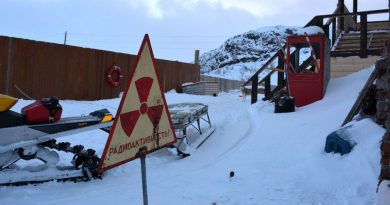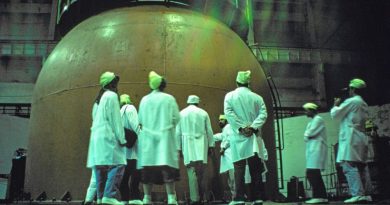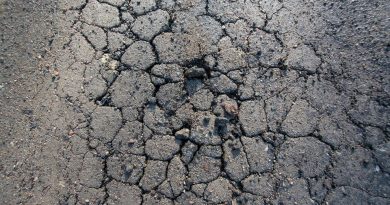Norway: New Arctic industry research program in Fram Centre underway

The MIKON flagship program in the Fram Centre is using both social and environmental sciences to examine how High North industrial development will affect the natural world, regional societies like the Sami and economic activity.
The Fram Centre, an Arctic research hub in Tromsø, is adjusting to a growing global interest in High North resources through a new research program focusing on the intersection of industry and the environment.
The MIKON flagship program is using both social and environmental sciences to examine how High North industrial development will affect the natural world, regional societies like the Sami and economic activity.
The Norwegian Ministry of Climate and Environment approved MIKON during December 2013. While the program’s long-term scientific plan is a working process, ten projects are currently underway.
Per Fauchald, the program’s leader, said to the BarentsObserver that the funded projects have cost about NOK 6 million and he expects results from some of the studies by the end of the year. He said he hopes the flagship’s budget will be even higher next year.
Flagship programs
The flagship programs bring together researchers from the different Fram Centre institutes to focus on a central theme, like MIKON’s focus on northern industry.
Some of the other flagships include Arctic Ocean sea ice, ocean acidification and how pollutants affect humans and the ecosystem.
One major goal for MIKON is to give policymakers a resource for examining new industries with both climate change and previous industrial activity that was harmful to the environment in mind, Fauchald said.
“I think we have to be very prudent when approaching new development in the Arctic both because we don’t really know what’s going on but also because we have kind of a bad history about this, ” he said.
During Tromsø’s Arctic Frontiers conference in January, prime minister Erna Solberg said she hopes the program will foster international cooperation for environmentally responsible development in the Arctic.
Among the flagship’s projects are mapping cultural heritage sites and the biological effects of the Skjervøy diesel oil spill.
Moving Norway from periphery
Vera Hausner, a University of Tromsø biology professor, is working on a project called RipEffect that is building a database of mining activities in the High North.
The database will then be part of a new project looking at the socioeconomic impacts and changes in landscape values associated with mining.
The MIKON flagship is necessary because much of the scientific research on natural changes in the Arctic have overlooked the economic consequences, Hausner said to the BarentsObserver.
“These questions have maybe largely been ignored in the flagships so far at the Fram Centre because of this constraint of only considering climate change,” she said.
This kind of work is also important because it puts Norway and the Arctic in the center of a global economic discussion rather than on the northern periphery, said Eldbjørg Heimstad, research director of the Norwegian Institute for Air Research, to the BarentsObserver.
“Geopolitical interest is high,” she said.
Related stories from the North:
Canada: Canada’s prime minister announces launch of Arctic research program, Eye on the Arctic
Russia: Blog – Melting permafrost eroding Siberian coasts, Deutsche Welle’s Iceblogger
Sweden: Swedish waters rising faster than global average, Radio Sweden
United States: NASA projects tracking changes in Alaska’s glaciers and Arctic atmosphere, Alaska Dispatch



